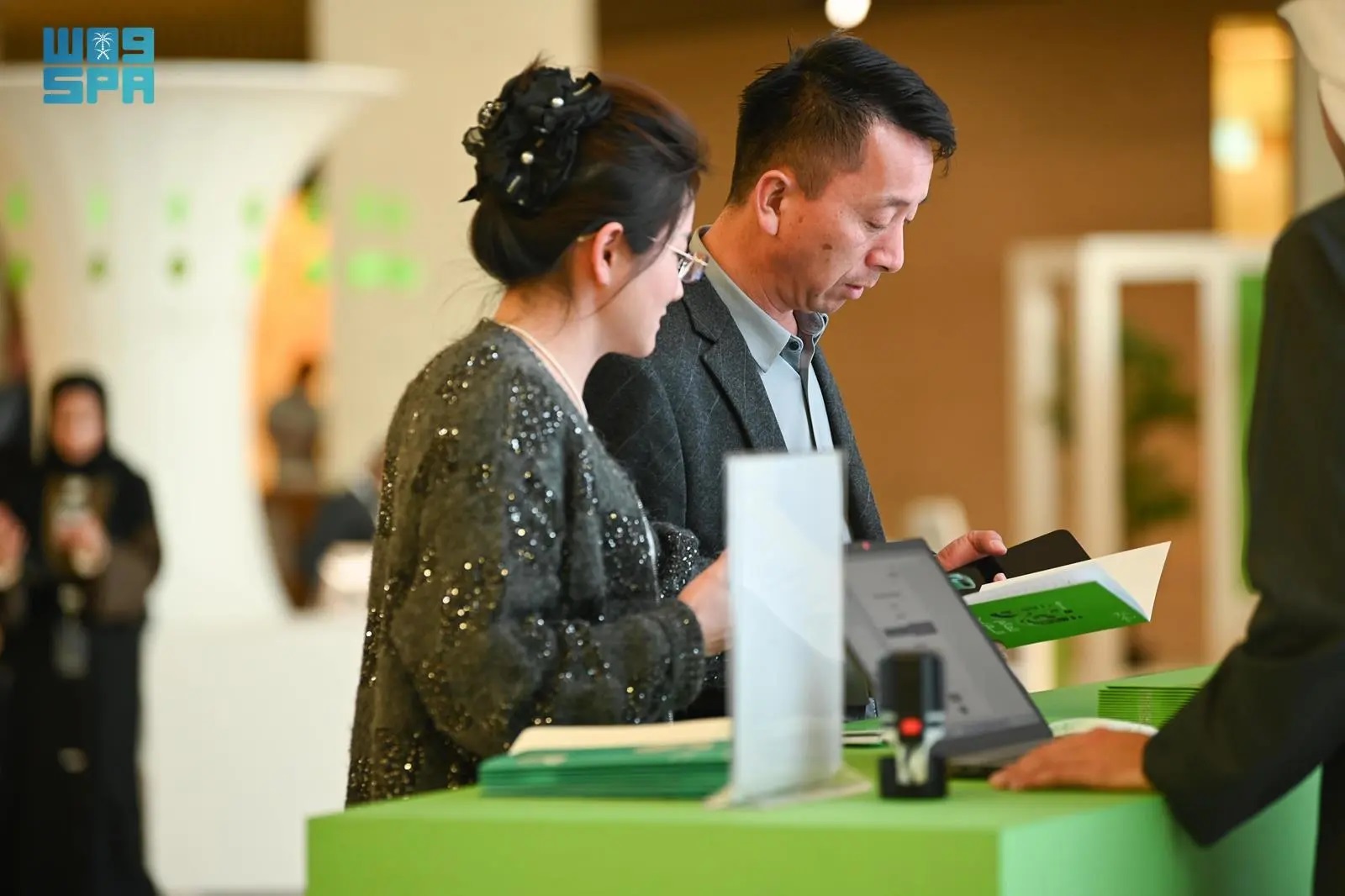
Iqra Marathon Concludes in 17 Arab Libraries with Nearly 1.5 Million Pages Read
King Abdulaziz Center for World Culture (Ithra) concluded the Iqra Marathon (reading marathon), organized in collaboration with the Arab Federation for Libraries and Information and 17 Arab libraries, where participants from Saudi Arabia, Egypt, Oman, Tunisia, and Algeria read nearly 1.5 million pages during the event.
The results of the participating libraries were announced on screens at Ithra, attracting a large audience from various community segments. Over four days, the marathon attracted schools and universities, with its enriching activities positively influencing engagement and participation.
Many attendees noted that the marathon's concept, focused on reading competitions, underscores the importance of knowledge production and advanced reading skills.
Academic participant Buthaina Al-Mohammed, who attended with a student team, said: "Discovering knowledge requires wide spaces and exploratory platforms that encourage even reluctant readers to delve deeper into the world of reading." She emphasized the urgency of adopting a comprehensive perspective on reading, leading to a unique cultural identity and a distinctive literary movement.
Participants from the 17 Arab libraries engaged enthusiastically in the marathon, exploring a wide variety of topics. Non-Arabic books also attracted interest, as highlighted by participant Heron Emzi from China, who praised the cultural diversity within the event. Emzi said that he read English-language books and enjoyed a novel over three days, noting that the range and quality of available selections suited all age groups.
The marathon saw remarkable engagement from Arab audiences across the 17 libraries, as described by organizers, providing a unique platform for exchanging ideas and knowledge while aiming to promote a reading culture in public libraries.
As part of its commitment to fostering learning and cultural enrichment, Ithra pledged to plant a tree for every 100 pages read. In collaboration with the National Center for Vegetation Cover Development and Combating Desertification, the initiative has led to the planting of over 8,000 saplings from the previous three editions of the marathon.








